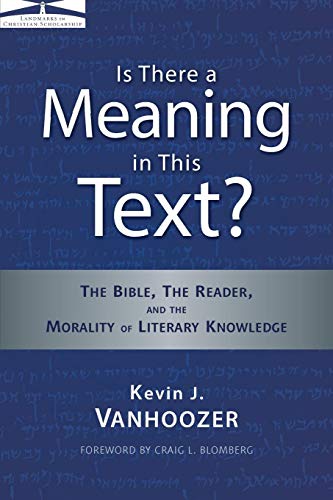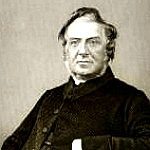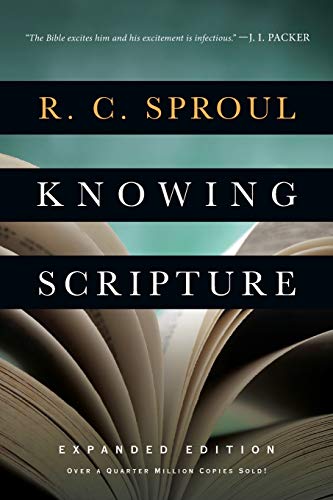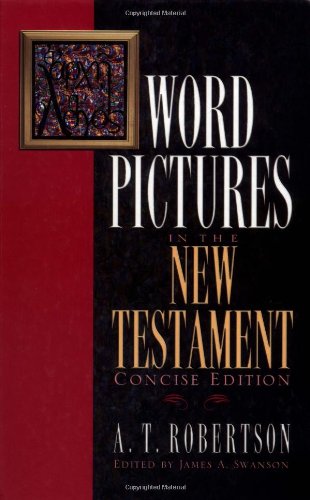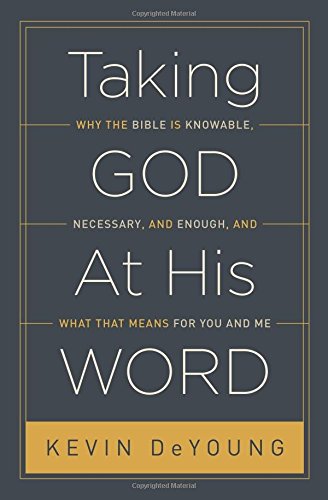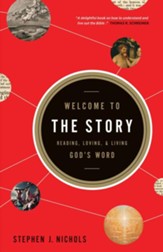Quotes about Bible-Application
The Word of life may be so distorted from the life of the Word till it becomes the food of death.
A Puritan Golden Treasury, compiled by I.D.E. Thomas, by permission of Banner of Truth, Carlisle, PA. 2000, p. 36.
Head knowledge is not evil in and of itself. Most of our Reformed and Puritan forefathers were highly educated. The Reformers never tired of stressing the value of Christian education. But this education must be empowered by the Holy Spirit and applied to the heart. Head knowledge is insufficient without the Spirit’s application to the inward man.
Exposition alone is not preaching. A minister who only presents the grammatical and historical meaning of God’s Word may be lecturing or discoursing, but he isn’t preaching. The Word must also be applied. This application is an essential characteristic of Reformed preaching. Without it, vitality is quenched.
[We must determine] what the passage means in its original context… [I am] wary of trying to apply the text to Cleveland before I have discovered Paul’s purpose in addressing the congregation in first-century Corinth.
Preaching for God’s Glory, Crossway, 1999, p. 30-31. Get this book!
Give yourself wholly to the text, and apply all you learn to yourself.
Discipline toward holiness begins then with the Scriptures – with a disciplined plan for regular intake of the Scriptures and a disciplined plan for applying them to our daily lives.
Copied from The Pursuit of Holiness by Jerry Bridges, © 1996, p. 97. Used by permission of NavPress – www.navpress.com. All rights reserved. Get this book!
The Christian’s life should put his minister’s sermon in print.
A Puritan Golden Treasury, compiled by I.D.E. Thomas, by permission of Banner of Truth, Carlisle, PA. 2000, p. 195.
The doctrines of Scripture are facts, which involve corresponding emotions and principles of action, and must, from their very nature, if believed, be operative upon the heart and the life. If the doctrines of Scripture exert no godly influence, carry with them no practical weight, exert no moral power, they are not truly believed.
Ask yourselves the solemn question. In proportion as you store your minds with biblical texts and biblical ideas – are you all the while seeking to have your heart filled with biblical feelings, and your life with biblical actions?
Doctrine is not an end to itself. After you’ve learned doctrine, there is always a therefore. Doctrine is inherently practical.
Unfortunately, discernment is an area where most Christians stumble. They exhibit little ability to measure the things they are taught against the infallible standard of God’s Word, and they unwittingly engage in all kinds of unbiblical decision-making and behavior. In short, they are not armed to take a decidedly biblical stand against the onslaught of unbiblical thinking and attitudes that face them throughout their day.
What is biblical discernment and why is it important? The article originally appeared (http://www.gty.org/resources/questions/QA138/what-is-biblical-discernment-and-why-is-it-important) at www.gty.org. © 1969-2008. Grace to You. All rights reserved. Used by Permission.
Doctrine is only the drawing of the bow; application is hitting the mark.
The Bible was not given to increase our knowledge but to change our lives.
The Word of God is not to be used as a lottery; nor is it designed to instruct us by shreds and scraps, which, detached from their proper places, have no determinate import; but it is to furnish us with just principles, right apprehensions to regulate our judgments and affections, and thereby to influence and direct our conduct.
“Application” explains or demonstrates how biblical teaching should impact the lives of contemporary listeners. It leads the listeners to imagine how the truth of the text makes a difference to where they live.
Taken from Applying the Sermon: How to Balance Biblical Integrity and Cultural Relevance Copyright 2009, p. 21, by Daniel Overdorf, Published by Kregel Publications, Grand Rapids, MI. Used by Permission. All Rights Reserved.
I believe that the Bible is God’s Word. Therefore I must define the ultimate goal of exegesis so as to embrace the heart as well as the head. The Scriptures aim to affect our hearts and change the way we feel about God and his will. The exegete, who believes that this aim is the aim of the living God for our day, cannot be content with merely uncovering what the Scriptures originally meant. He must aim, in his exegesis, to help achieve the ultimate goal of Scripture: its contemporary significance for faith. It is the will of God that his Word crush feelings of arrogance and self-reliance and that it give hope to the poor in spirit.
In almost thirty years as a Christian, and over twenty of those as a pastor, I cannot think of one instance in my life of the life of another where disobedience to God’s Word actually was proven to be the right decision.
We begin with receiving and then rightly understanding Scripture in our minds. But before we apply the Bible, it must first engage our hearts. Without the mind, biblical application is based on flimsy and deceptive emotions. Yet without the heart, biblical application is based only rote duty and obligation. It’s never hearts informing our minds, but rather minds informing our hearts. Then when we obey, it’s a correct application of Scripture that comes from the affections – loving God with all of our hearts.
We must allow the Word of God to confront us, to disturb our security, to undermine our complacency and to overthrow our patterns of thought and behavior.
Every Christian should be both conservative and radical; conservative in preserving the faith and radical in applying it.
Doctrine leads to doxology as well as to duty.
Taken from Every Spiritual Blessing in The Message of Ephesians by John R.W. Stott. Copyright(c) 1979 John R. W. Stott. Used by permission of InterVarsity Press, PO Box 1400, Downers Grove, IL 60515, p. 45. http://www.ivpress.com/cgi-ivpress/book.pl/code=9787.
Cultivate prompt, exact, unquestioning, joyous obedience to every command that it is evident from its context applies to you. Be on the lookout for new orders from your King. Blessing lies in the direction of obedience to them. God’s commands are but signboards that mark the road to present success and blessedness and to eternal glory.
The Word of God well understood and religiously obeyed is the shortest route to spiritual perfection. And we must not select a few favorite passages to the exclusion of others. Nothing less than a whole Bible can make a whole Christian.
There is scarcely anything so dull and meaningless as Bible doctrine taught for its own sake. Truth divorced from life is not truth in its biblical sense, but something else and something less.
We must always, always remember that the theology of the Word of God is not an end in itself but a means to an end, and that end is a radically grace-transformed life.
Mediocrity by Paul David Tripp taken from Dangerous Calling by Paul David Trip copyright 2012, Crossway Books, a division of Good News Publishers, Wheaton Illinois 60187, www.crosswaybooks.org, p. 147.
The Bible is not meant merely to inform, but to transform.
He who has knowledge of God’s will, but does not do it, where does he excel the devil “who transforms himself into an angel of light”?
I still maintain that much of Scripture is plain and straightforward in its meaning. Our problem continues to be more of a lack of action than comprehension. The words of Scripture must be understood to be applied, but until we apply them, we don’t really understand them.
Spiritual Disciplines for the Christian Life, 1991, p. 59, Used by permission of NavPress – www.navpress.com. All rights reserved. For more information please see the website www.BibicalSpirituality.org. Get this book!
Recommended Books
